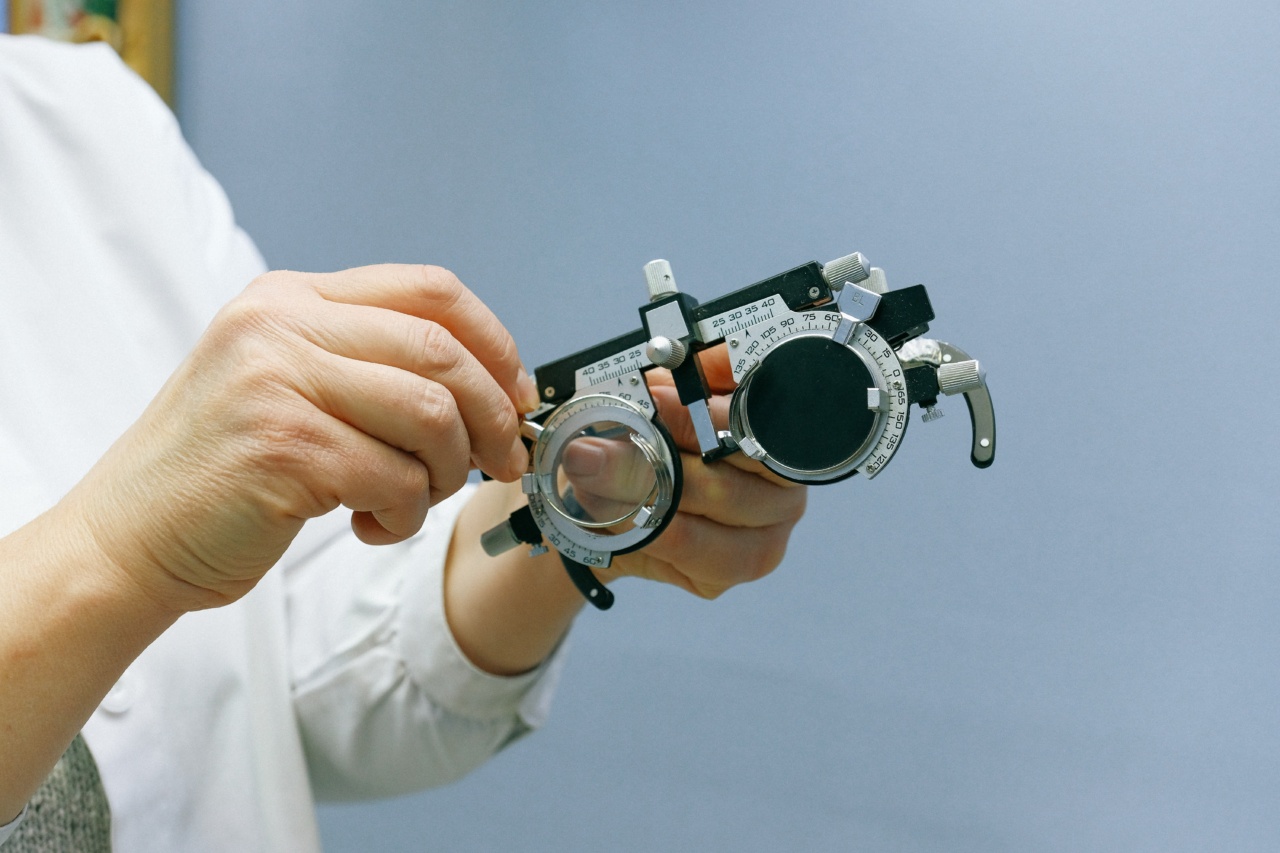Stress is a regular part of life, and it comes in many forms, from a job interview to a car breakdown to a great big global pandemic.
Some people seem to be more resilient to stress than others, but how do you measure your own stress level? You can take the ultimate stress test to find out!.
What is the Ultimate Stress Test?
The ultimate stress test is a comprehensive assessment of your stress response. It combines several questionnaires and assessments to give you a complete picture of your stress level.
The test covers various areas, including your physical, emotional, and mental responses to stress.
How to Take the Ultimate Stress Test
There are several ways to take the ultimate stress test. Here are a few options:.
Option 1: Self-Assessment
One way to take the ultimate stress test is to do a self-assessment. You can start by taking a few questionnaires that assess your stress level. Here are a few examples:.
- The Perceived Stress Scale (PSS)
- The Holmes and Rahe Stress Scale
- The Cohen’s Perceived Stress Scale
Once you complete these questionnaires, you can tally up your scores and see where you fall on the stress scale. You can also take note of your physical symptoms and emotional responses to stress to get a fuller picture of your stress level.
Option 2: Professional Assessment
Another way to take the ultimate stress test is to get a professional assessment. You can see a therapist or counselor to discuss your stress level and get a full assessment of your stress response.
A mental health professional can administer diagnostic tests and assessments to get a complete picture of your stress level.
What Are the Benefits of Taking the Ultimate Stress Test?
Taking the ultimate stress test can offer several benefits. Here are a few:.
- Awareness: The ultimate stress test can help you become more aware of your stress level and how it affects you.
- Prevention: If you identify that you’re under a significant amount of stress, you can take steps to prevent stress from causing problems in your life.
- Treatment: If you find that you’re experiencing high levels of stress, you can seek treatment to manage your stress.
- Healthy Habits: Taking the ultimate stress test can encourage you to develop healthy habits to manage your stress.
What Can You Do to Manage Your Stress?
Once you’ve identified your stress level, there are many things you can do to manage your stress. Here are a few tips:.
1. Exercise Regularly
Regular exercise can help you manage stress by reducing tension, increasing energy levels, and boosting overall well-being. Aim for at least 30 minutes of exercise most days of the week.
2. Get Enough Sleep
Lack of sleep can contribute to stress. Aim for seven to nine hours of sleep each night to help you feel rested and refreshed.
3. Practice Relaxation Techniques
Relaxation techniques can help you manage stress by reducing tension and promoting relaxation. Here are a few to try:.
- Deep breathing exercises
- Meditation
- Yoga
- Progressive muscle relaxation
4. Connect with Others
Connecting with friends and family can help you manage stress and cope with challenges. Make time for social activities, and don’t be afraid to reach out for support when you need it.
5. Get Help
If you feel overwhelmed by stress, don’t hesitate to seek professional help. A therapist or counselor can help you develop coping skills and provide support.
The Bottom Line
Stress is a common experience for many people, and managing it can be challenging. By taking the ultimate stress test, you can gain insight into your stress response and develop strategies to manage stress more effectively.
Remember to take care of yourself, get enough sleep, and seek help if you need it.































